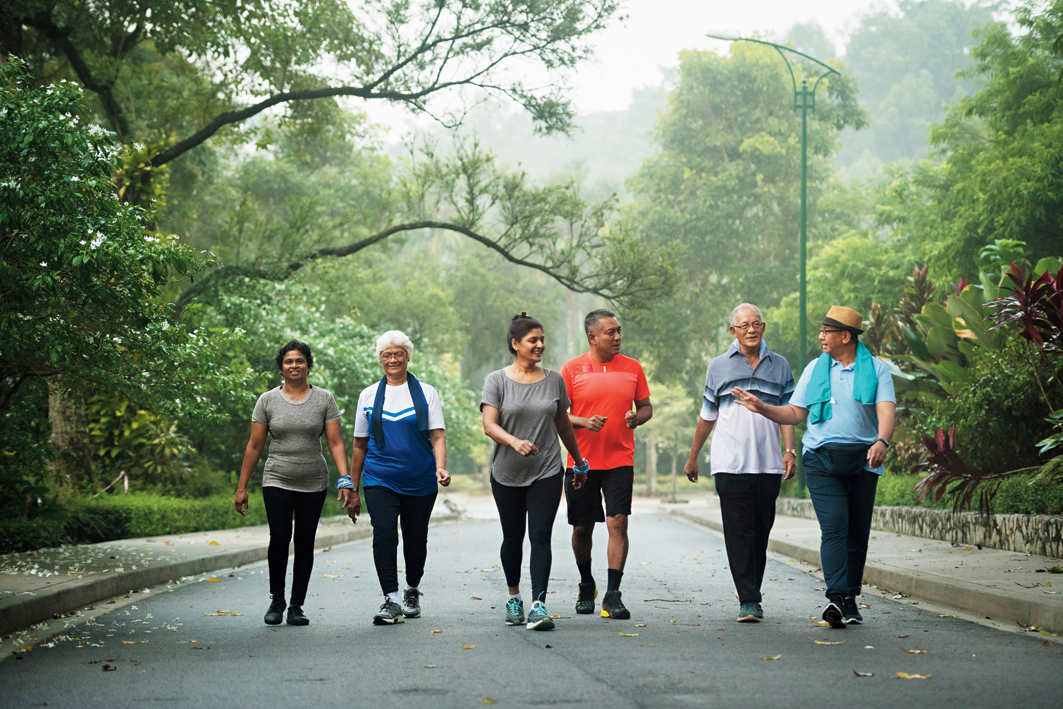Since 2005, May 17 has been World Hypertension Day to raise awareness about high blood pressure (BP) and its complications.
Globally, hypertension is one of the most common lifestyle diseases today. According to data presented in 2018 at the 70th annual conference of the Cardiological Society of India (CSI), one in every five young adults in India today has high blood pressure, or hypertension. That would put the number of such people at around 80 million, which is more than the entire population of the UK! If, however, you look at data from 50-60 years back, the number of people suffering from high blood pressure in India was negligible.
There are four major issues now that need to be resolved:
- The fact that the younger population in India is being diagnosed with high BP is very alarming and the main cause for this is their erratic lifestyle, stress levels and poor eating habits.
- The majority of the population with high blood pressure simply pops pills to control it instead of making lifestyle changes to treat the root cause and to completely reverse the condition.
- If we do not make lifestyle changes to reverse hypertension and just depend on pills to control it, then we would remain at high risk of heart attack, stroke, atrial fibrillation, chronic kidney disease and cognitive decline — which are all complications that come with prolonged high BP.
- Most people with hypertension live with the myth that high BP is a lifelong disease while the fact is that it is a lifestyle disease and not a lifelong disease. Hence, the correct lifestyle changes to reverse it is the need of the hour.
The good news is that this condition is both preventable and reversible if one makes the right lifestyle changes and focuses primarily on plant foods. Today, we are going to share five strategies that can help reverse high BP. But before going into these strategies, we first need a mindset change — that we will not live with our high BP and, instead, reverse it.
Strategy 1: Increase intake of plant foods
If we consume a plant-based, nutrition-dense diet that is high in fibre and micronutrients, blood pressure should reduce to a great extent. A diet rich in potassium, magnesium, omega-3 fatty acids and nitrates is very crucial for the reversal of high blood pressure. Hence, foods like drumsticks, flaxseeds, papaya, pomegranate and zucchini, among others, are excellent for high BP.
Strategy 2: Start walking and stop smoking
Researchers have shown that walking can dilate your arteries and make them flexible. And more the arteries dilate, the more they produce nitric oxide, which is required for reversing high BP. It is equally important to avoid smoking, which damages each and every blood vessel in the body.
Strategy 3: Meditate and do pranayam
It has been proven that practising good lifestyle activities like yoga, meditation and pranayam every day can prove to be beneficial in numerous ways. They can relax the nervous system, ease tension from the body and improve blood circulation.
Strategy 4: Drink lemon water
Mix fresh lemon juice with plain water and drink throughout the day. Lemon water is highly alkaline and drinking lemon water throughout the day can be an easy way to improve blood pressure levels.
Strategy 5: Eat these superfoods
Although eating a plant-based diet will definitely reverse lifestyle diseases and reduce high blood pressure in particular, we should make note of these five superfoods that are excellent for reversing high BP. They are flaxseed powder, raw papaya, drumsticks, beetroot and spinach.
Today we are living in the world of information, where ignorance can only be out of choice. So, the first step towards reversing hypertension is to acquire the right knowledge and become aware. Once we have understood what is right for us, all we need to do is apply it and make it our lifestyle and habit.
Karan Kakkad is a nutrigenomics and disease reversal expert. His passion in medical nutrition led to the birth of Reverse Factor, which is backed by an extensive research in nutrigenomics — the scientific study of the interaction of nutrition and genes. Visit www.reversefactor.in for more information. He tweets @karan_kakkad










